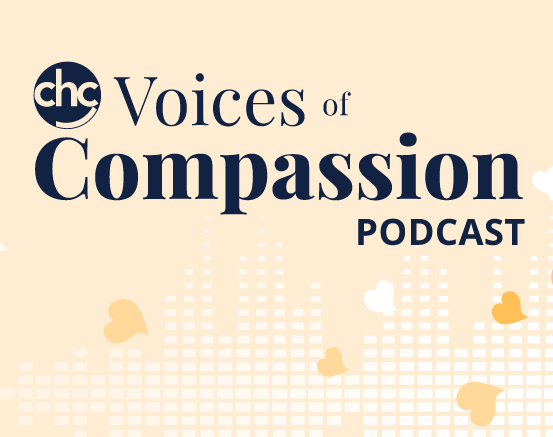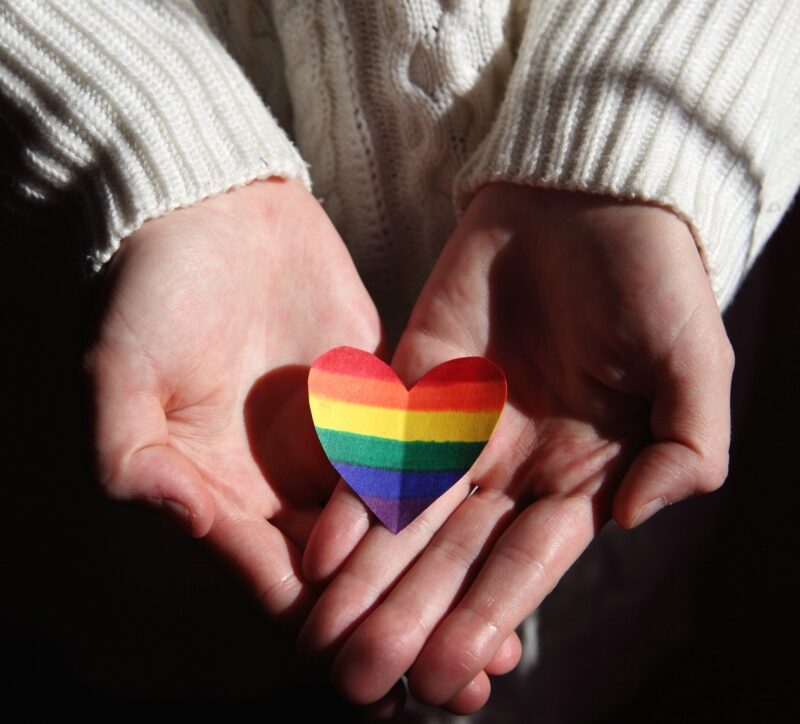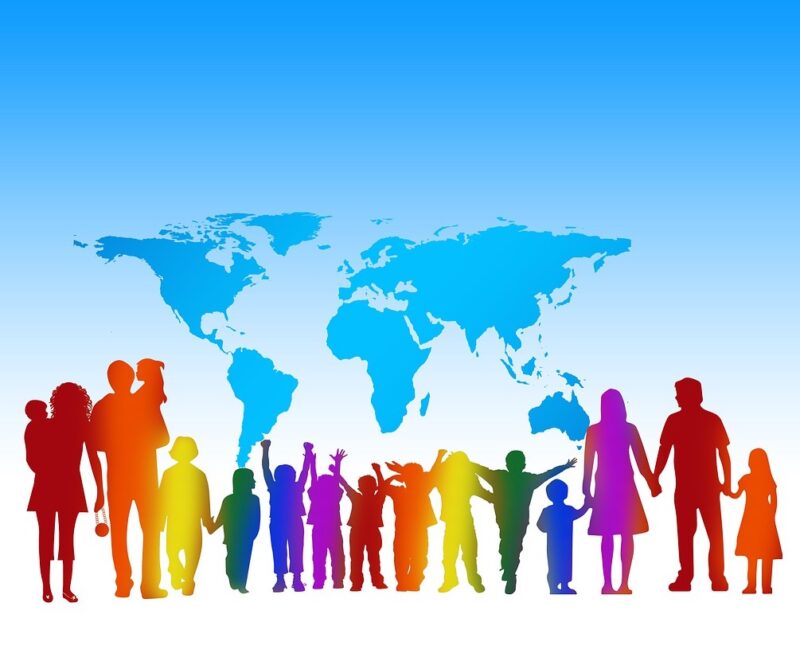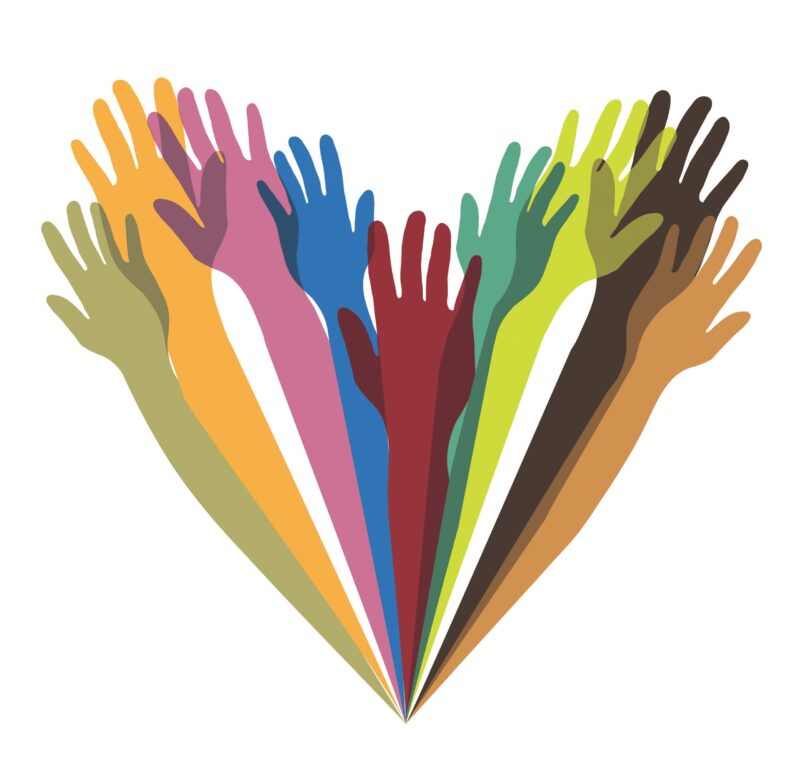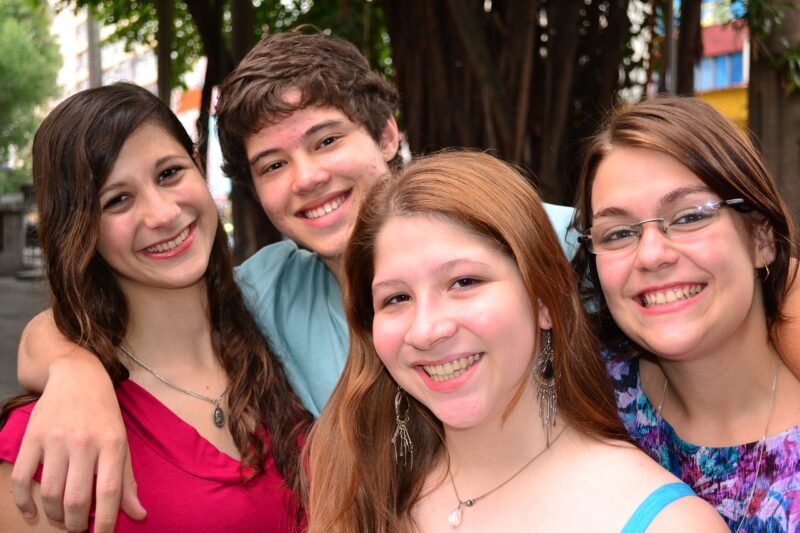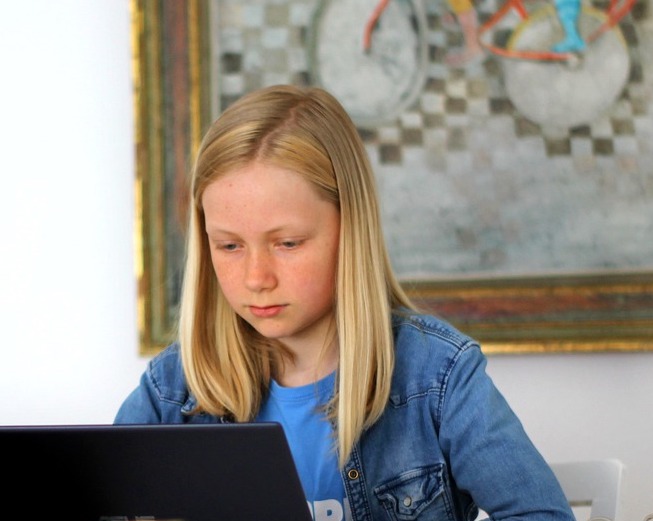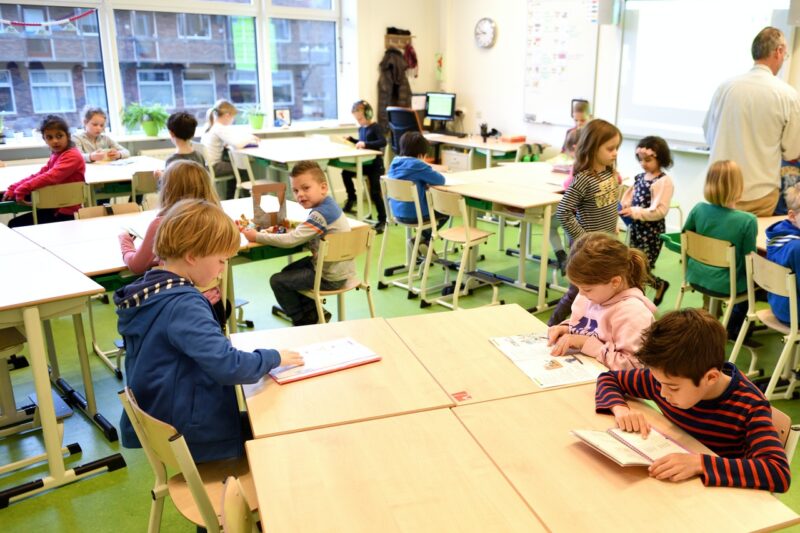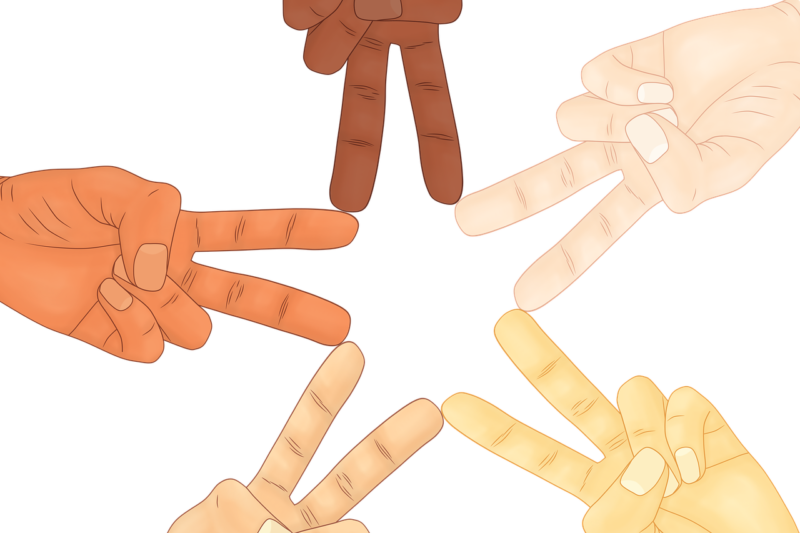
How to Be an Antiracist Educator: An Interview With Ibram X. Kendi
In education, nothing is “neutral” when it comes to race. Lesson plans, edtech tools and learning environments either create more equity among students of different races, or more inequity. That’s what scholar Ibram X. Kendi told EdSurge in an interview Read more >>
